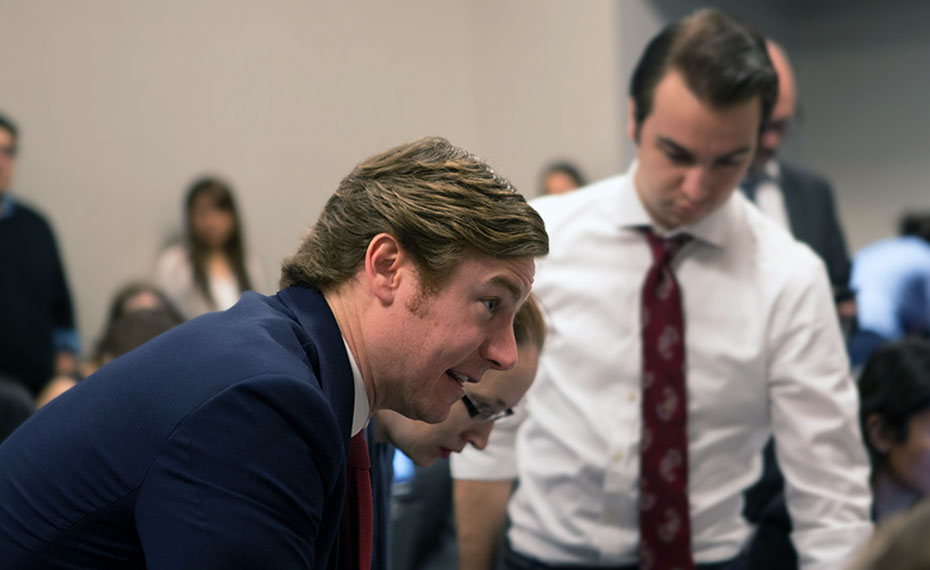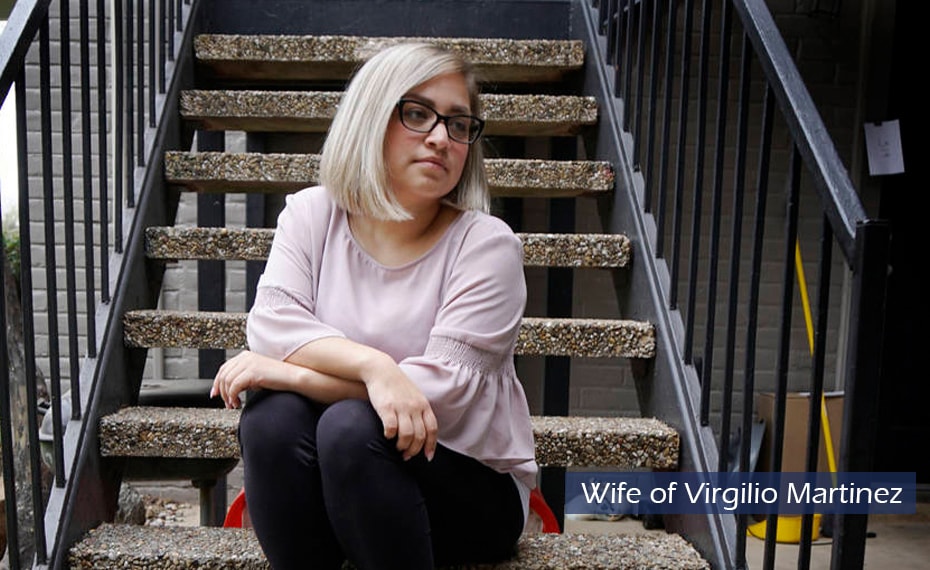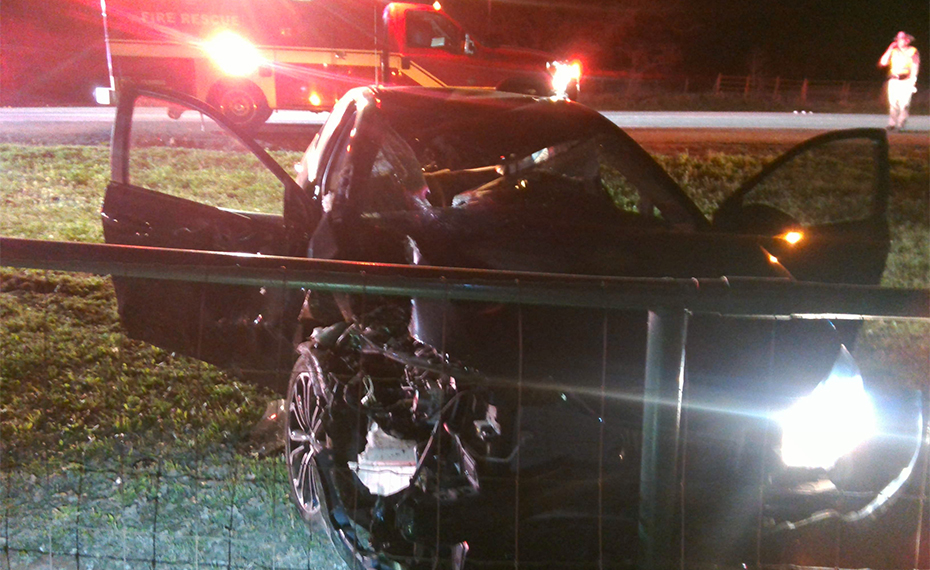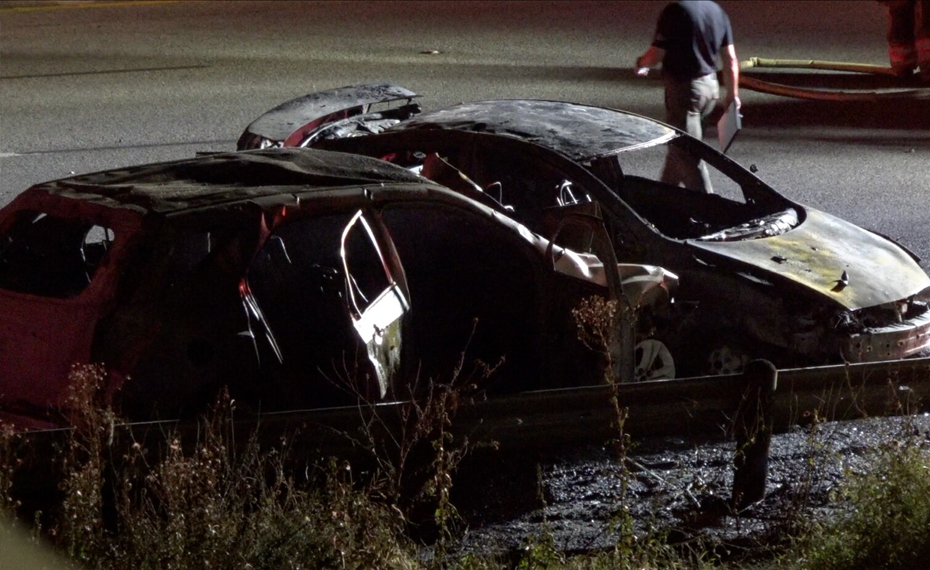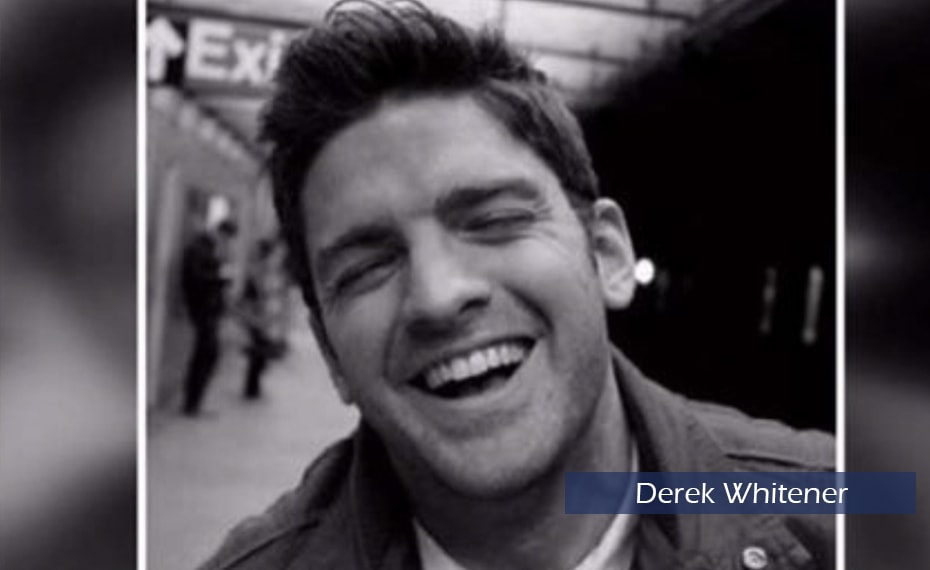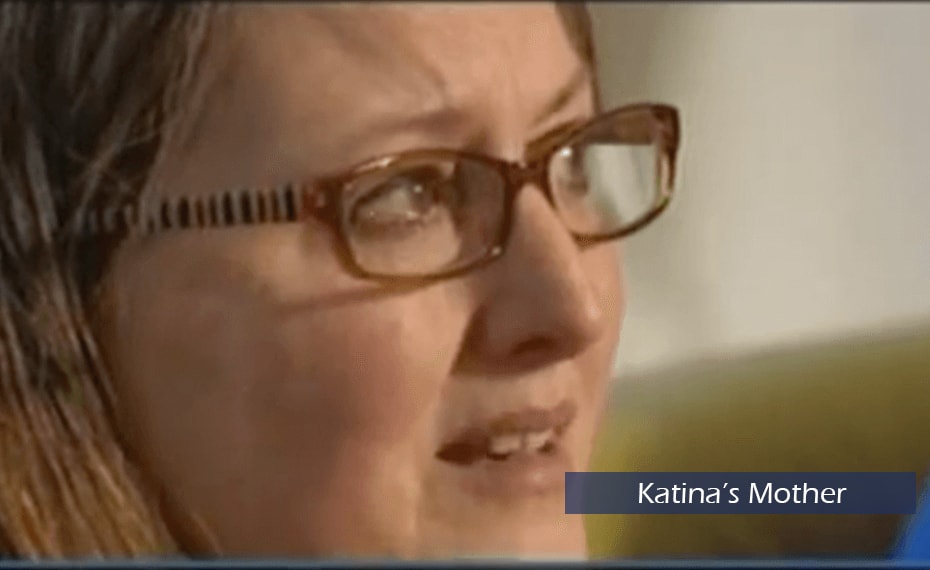
Uncovering the Truth Behind a Woman’s Senseless Murder
In addition to being the top verdict in Texas during 2022, the jury’s $7.3 billion award represents the largest verdict handed down nationwide. The case was the subject of intensive coverage on the Courtroom View Network, which later named the outcome the “Most Impressive Plaintiffs Verdict of 2022.” The high-profile lawsuit drew local and national media attention, shedding light on the inadequate employment and safety policies of some in-home service companies.

Uncovering the Truth Behind a Woman’s Senseless Murder
In addition to being the top verdict in Texas during 2022, the jury’s $7.3 billion award represents the largest verdict handed down nationwide. The case was the subject of intensive coverage on the Courtroom View Network, which later named the outcome the “Most Impressive Plaintiffs Verdict of 2022.” The high-profile lawsuit drew local and national media attention, shedding light on the inadequate employment and safety policies of some in-home service companies.
Just before Christmas in 2019, 83-year-old Betty Thomas thought she would never again see the repairman who fixed her fax machine after he left her tree-lined neighborhood in Irving, Texas. But he returned in a company van the next day, entering Betty’s home and using his work-issued knife to stab her to death before stealing her credit cards and going on a spending spree.
When he was arrested days later and charged with capital murder, the man’s employer said, “our thoughts are with the victim and her family and friends.”
Betty’s family called on Hamilton Wingo’s Chris Hamilton to hold the Fortune 100 company responsible. When the trial was over, a jury in Dallas awarded Betty’s family more than $7.3 billion, the year’s largest verdict in any U.S. court.
“Betty would still be with her family today if this man’s employer had taken appropriate steps to protect her and many other customers who had been victimized by its employees for years,” Chris says. “Ray and I are proud to have been able to protect Betty’s memory with a ruling that should cause this company and others to take much greater care when sending workers into someone’s home.”
Pleas For Help Ignored
In response to the lawsuit, the repairman’s employer denied responsibility for Betty’s death by arguing that its worker acted entirely on his own.
However, Chris investigated the killer’s background and found pages upon pages of corporate documents showing that the Fortune 100 company should have recognized he was a risk to Betty and every other customer he encountered.
Those internal records revealed that the killer made multiple desperate pleas to company supervisors about his worsening financial problems and personal issues. One week before the murder, he told them he was “not okay” before asking if he could borrow money. After his supervisors did nothing, he started stealing from elderly customers.
Additional evidence showed that the killer had faced severe mental health challenges based on his divorce, including suffering crying spells at work and believing at one time that he was a former Dallas Cowboys football player who had been paralyzed. Trial testimony showed that he had been sleeping in his company van for weeks before the company sent him to Betty’s home.
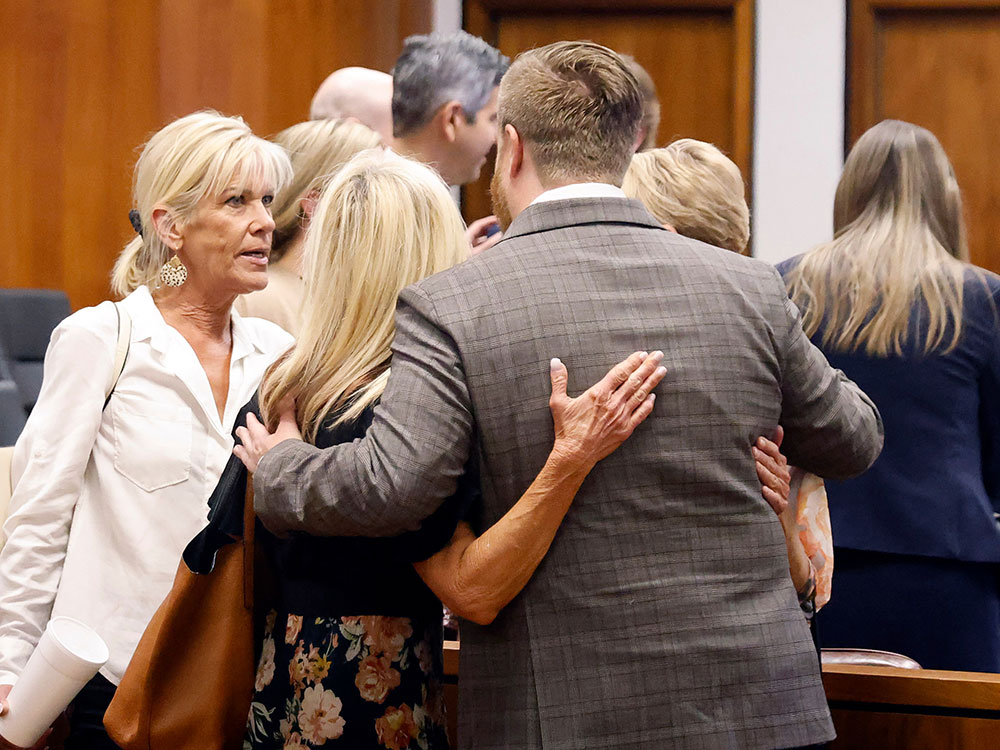
Chris also discovered that the company that hired the man failed to conduct a proper employment verification that would have revealed the checkered work history of the man later sentenced to life in prison after pleading guilty to murder.
During the trial, Chris told the jury how the company abandoned its pre- employment screening program in 2016 after paying more than $78 billion to acquire a another company. Had the program been in place, the company would have discovered that the person it later hired had been accused of forgery, falsifying documents, and harassing fellow employees at other places where he worked.
Jurors Respond to Safety Failures, Forged Documents
Chris additionally found evidence that the Fortune 100 company went as far as to rely on forged documents after being sued in its attempt to prevent a jury from hearing how it ignored obvious warning signs that led directly to Betty’s murder.
Jurors heard and saw evidence that the company submitted a service agreement Betty supposedly agreed to that would have allowed the company to move the lawsuit to private arbitration outside of public view rather than a courtroom jury trial. However, the tactic failed when Chris and Ray proved that Betty never signed the document, which had blanks where her name should have appeared.
After hearing the facts and considering all the evidence, jurors in Dallas County Court at Law No. 5 awarded Betty’s family more than $337 million in actual damages and $7 billion in punitive damages.

The jury determined the murderer’s employer was 90 percent responsible for Betty’s death based on its failure to remedy negligent safety practices or address the killer’s pleas, even though it had full knowledge that its employees had violently attacked other customers over several years. The same jurors found that the company attempted to force the case to arbitration by relying on the forged documents.
In addition to being the top verdict in Texas during 2022, the jury’s $7.3 billion award represents the largest verdict handed down nationwide. The case was the subject of intensive coverage on the Courtroom View Network, which later named the outcome the “Most Impressive Plaintiffs Verdict of 2022.” The high-profile lawsuit drew local and national media attention, shedding light on the inadequate employment and safety policies of some in-home service companies.
Just before Christmas in 2019, 83-year-old Betty Thomas thought she would never again see the repairman who fixed her fax machine after he left her tree-lined neighborhood in Irving, Texas. But he returned in a company van the next day, entering Betty’s home and using his work-issued knife to stab her to death before stealing her credit cards and going on a spending spree.
When he was arrested days later and charged with capital murder, the man’s employer said, “our thoughts are with the victim and her family and friends.”
Betty’s family called on Hamilton Wingo’s Chris Hamilton to hold the Fortune 100 company responsible. When the trial was over, a jury in Dallas awarded Betty’s family more than $7.3 billion, the year’s largest verdict in any U.S. court.
“Betty would still be with her family today if this man’s employer had taken appropriate steps to protect her and many other customers who had been victimized by its employees for years,” Chris says. “Ray and I are proud to have been able to protect Betty’s memory with a ruling that should cause this company and others to take much greater care when sending workers into someone’s home.”
Pleas For Help Ignored
In response to the lawsuit, the repairman’s employer denied responsibility for Betty’s death by arguing that its worker acted entirely on his own.
However, Chris investigated the killer’s background and found pages upon pages of corporate documents showing that the Fortune 100 company should have recognized he was a risk to Betty and every other customer he encountered.
Those internal records revealed that the killer made multiple desperate pleas to company supervisors about his worsening financial problems and personal issues. One week before the murder, he told them he was “not okay” before asking if he could borrow money. After his supervisors did nothing, he started stealing from elderly customers.
Additional evidence showed that the killer had faced severe mental health challenges based on his divorce, including suffering crying spells at work and believing at one time that he was a former Dallas Cowboys football player who had been paralyzed. Trial testimony showed that he had been sleeping in his company van for weeks before the company sent him to Betty’s home.

Chris also discovered that the company that hired the man failed to conduct a proper employment verification that would have revealed the checkered work history of the man later sentenced to life in prison after pleading guilty to murder.
During the trial, Chris told the jury how the company abandoned its pre- employment screening program in 2016 after paying more than $78 billion to acquire a another company. Had the program been in place, the company would have discovered that the person it later hired had been accused of forgery, falsifying documents, and harassing fellow employees at other places where he worked.
Jurors Respond to Safety Failures, Forged Documents
Chris additionally found evidence that the Fortune 100 company went as far as to rely on forged documents after being sued in its attempt to prevent a jury from hearing how it ignored obvious warning signs that led directly to Betty’s murder.
Jurors heard and saw evidence that the company submitted a service agreement Betty supposedly agreed to that would have allowed the company to move the lawsuit to private arbitration outside of public view rather than a courtroom jury trial. However, the tactic failed when Chris and Ray proved that Betty never signed the document, which had blanks where her name should have appeared.
After hearing the facts and considering all the evidence, jurors in Dallas County Court at Law No. 5 awarded Betty’s family more than $337 million in actual damages and $7 billion in punitive damages.

The jury determined the murderer’s employer was 90 percent responsible for Betty’s death based on its failure to remedy negligent safety practices or address the killer’s pleas, even though it had full knowledge that its employees had violently attacked other customers over several years. The same jurors found that the company attempted to force the case to arbitration by relying on the forged documents.
In addition to being the top verdict in Texas during 2022, the jury’s $7.3 billion award represents the largest verdict handed down nationwide. The case was the subject of intensive coverage on the Courtroom View Network, which later named the outcome the “Most Impressive Plaintiffs Verdict of 2022.” The high-profile lawsuit drew local and national media attention, shedding light on the inadequate employment and safety policies of some in-home service companies.

